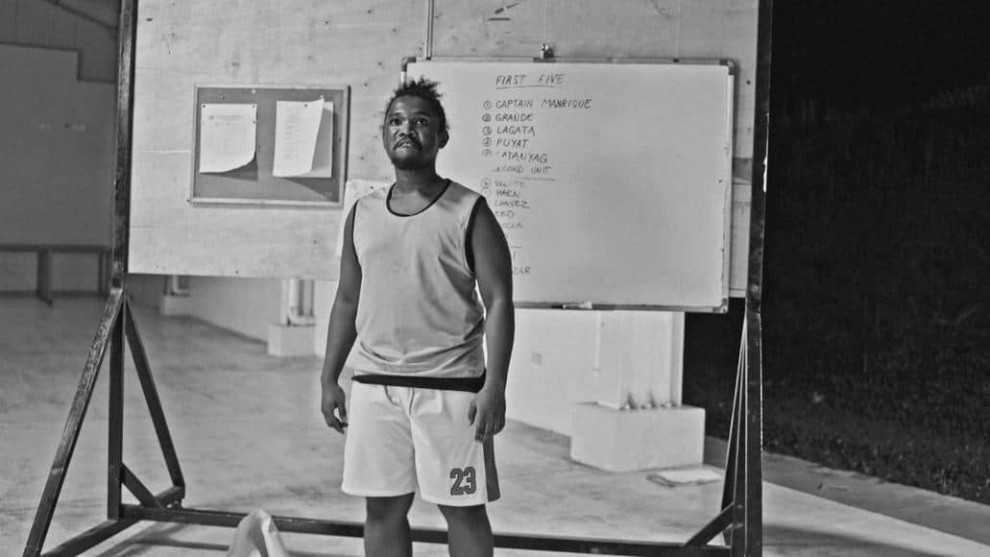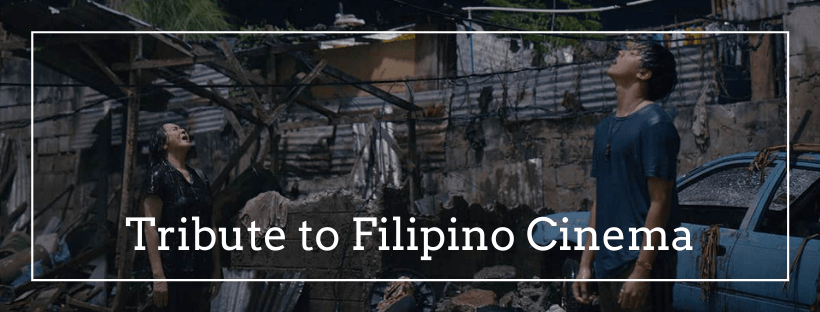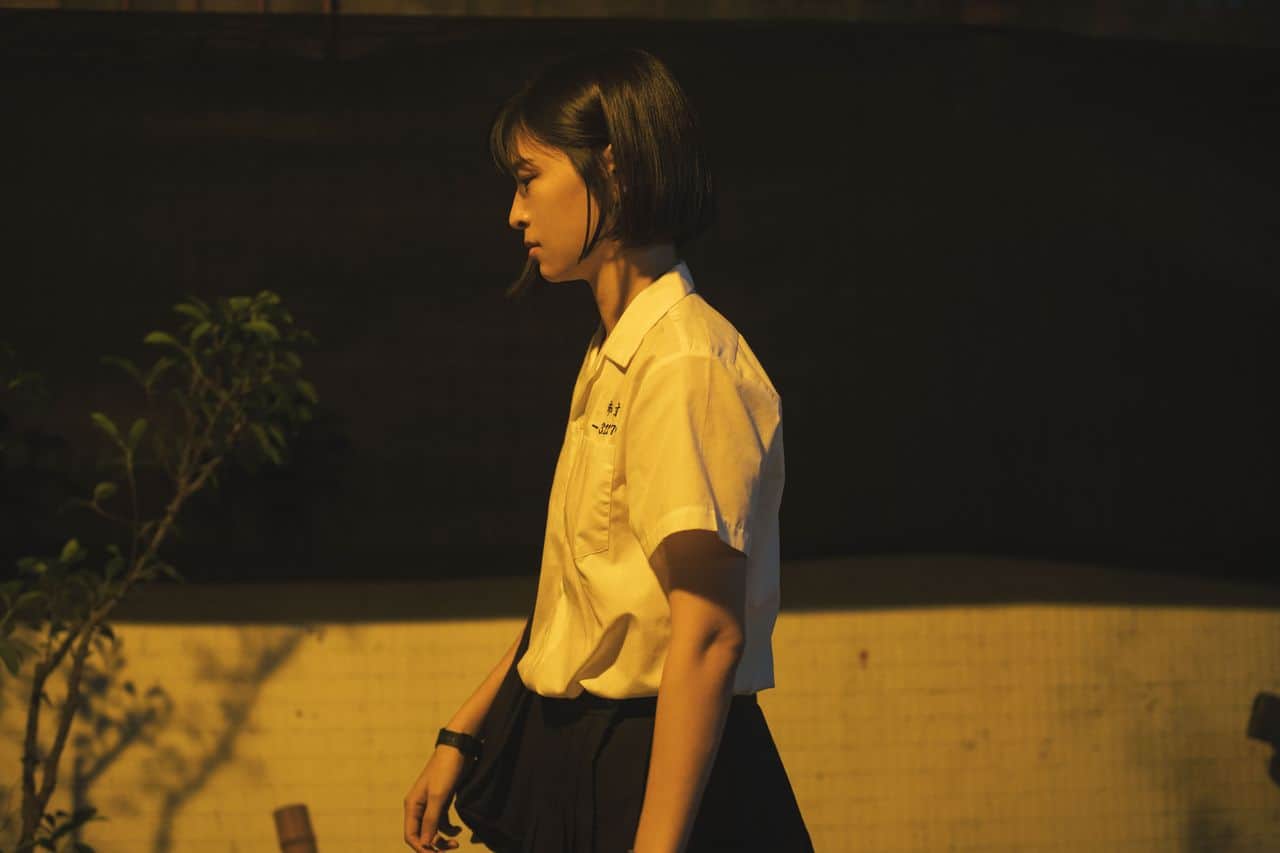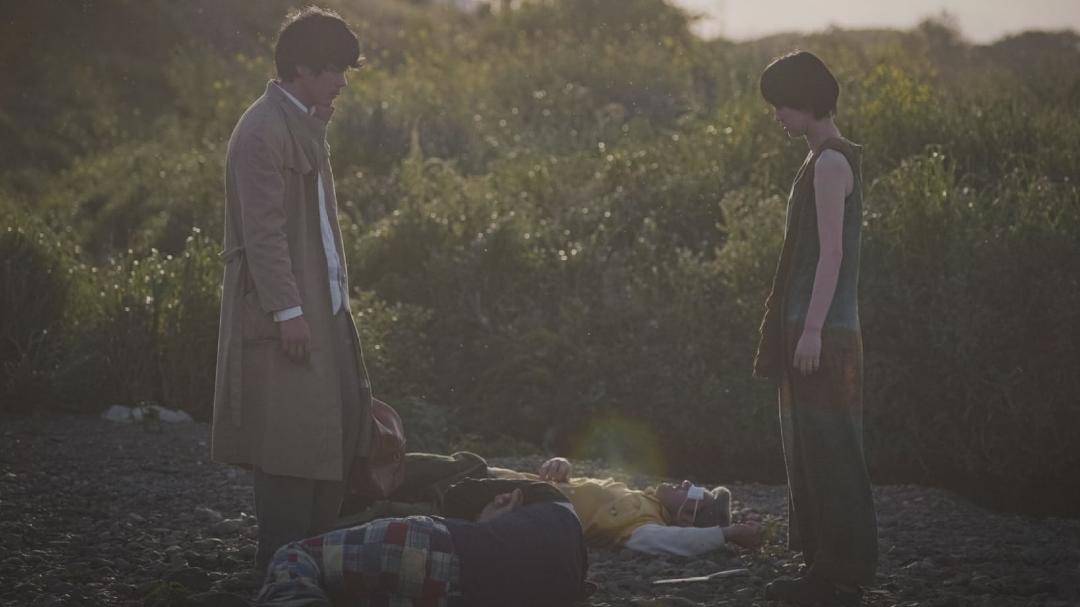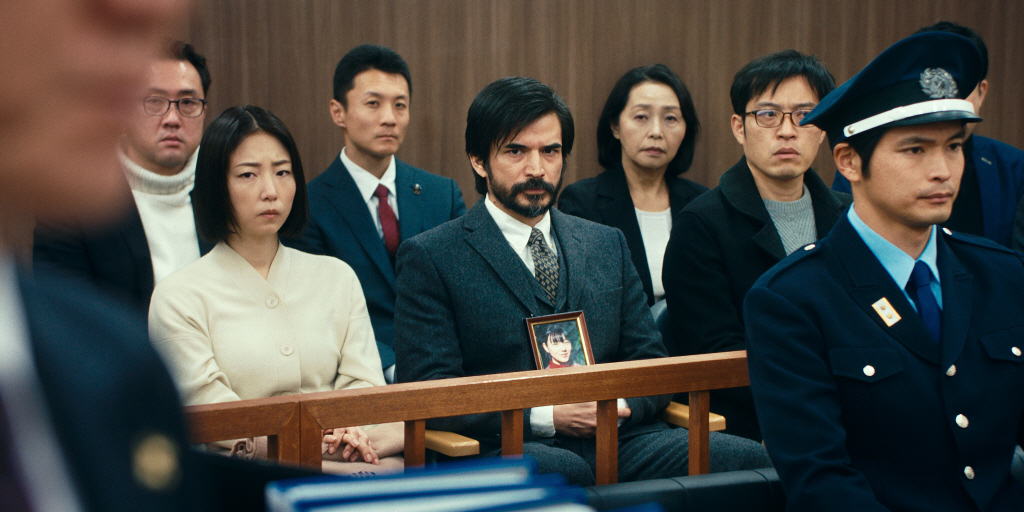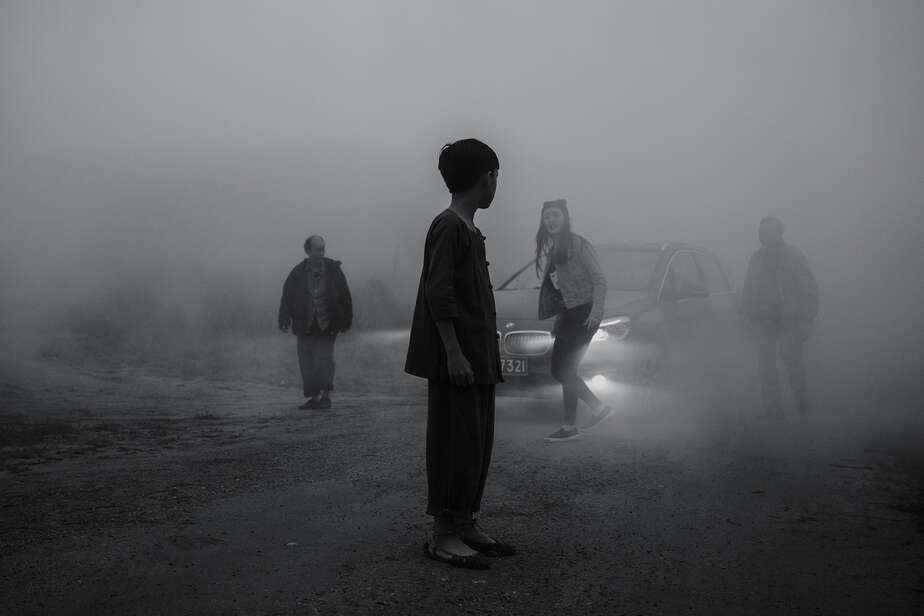Basketball is quite popular in the Philippines and basing a film upon it is definitely not a bad idea. Timmy Harn did so, but extended his narrative in order to include a number of important local subjects, including black magic, drugs, racism, and colonialism. Let us take things from the beginning though.
“Dog Days” is screening at the
International Film Festival Rotterdam 2019
The movie starts with a rather impressive sequence, where Carmen sacrifices herself in order to give her infant son supernatural abilities in basketball, in for him to have a great future, away from the blights of his natural habitat. The film then jumps to some years later, where Michael Jordan Ulili (the aforementioned infant) is struggling to make ends meet, having to deal with a coach that does not allow him to play, instead promoting his own son, and a guardian mother, Rochelle, who does not stop nagging him, occasionally even cursing his actual mother. When a scout from the NBA arrives in the area, Michael finally sees a chance of fulfilling his basketball dreams, and through a number of intense occurrences, he finds himself playing the coach's son, one on one. While things start going well, his knee fails him, and even worse, a bit later, his girlfriend, Maureen, gets pregnant. A desperate Michael eventually falls in with a group of meth heads.
Timmy Harn directs a movie that is split in two parts, with the one-on-one game functioning as the dichotomy. The first part unfolds as a “success drama”, about a lowlife teenager who eventually makes it happen, against all odds. The second part, though, takes an almost psychedelic turn, as the melodrama deriving from the course Michael's life takes is mixed with a drug-infused “reality” and elements of magic, with the tactic finding its apogee in the trip in the forest that concludes the movie.
The social comments about the differences between the blacks and the whites in the country, superstition and the role magic plays in everyday life in the country, the American Dream, and drugs, are all here and are relatively well-presented, but are eventually put to the background as the aforementioned change in the narrative takes over. This results in an imbalanced film, which, after a fashion, becomes quite hard to follow, with the 124 minutes of its duration also not helping.
On the other hand, the black and white cinematography by Albert Banzon and Jippy Pascua is quite artful, occasionally in the style of Lav Diaz's films. Their framing often invokes close-ups on the faces of the characters, a tactic that works quite well in the art-house aesthetics of the movie. John Torres and Mervine Aquino's editing induces the film with a fitting, relatively slow pace, but again, when the “tripping” part comes to the fore, the succession of scenes borders on illogical.
Harn gave Ybes Bagadiong, a newcomer in acting, a rather difficult part to play, in a choice that resulted in a performance that works well in some occasions, and not so much in others. Furthermore, his physique does not help much with his role as a basketball player, although he is convincing as a man whose frustration from having his dreams shuttered eventually overcomes him.

Regarding the acting aspect, I found that the best performances come from the secondary parts. Marcus Adoro as Carmen's best friend Luis is very good as a strange kind of “mentor”, somewhere among the drug addict, the magician , and the hippy musician. Adrienne Vergara as Rochelle is exceptional as the annoying “mother”, a woman who cannot contain herself and her feelings even for a moment.
Lastly, among the best assets of the film is the music by the Sewage Worker and Marcus Adorro, which fits each scene perfectly, while heightening the essence Harn wanted to give to the various sequences.
“Dog Days” is a strange, difficult film to watch, with its faults, particularly regarding the narrative, being quite obvious. However, a number of merits, particularly regarding the social comments, the cinematography and the music do exist, and in essence, deem the film one that deserves a watch.


